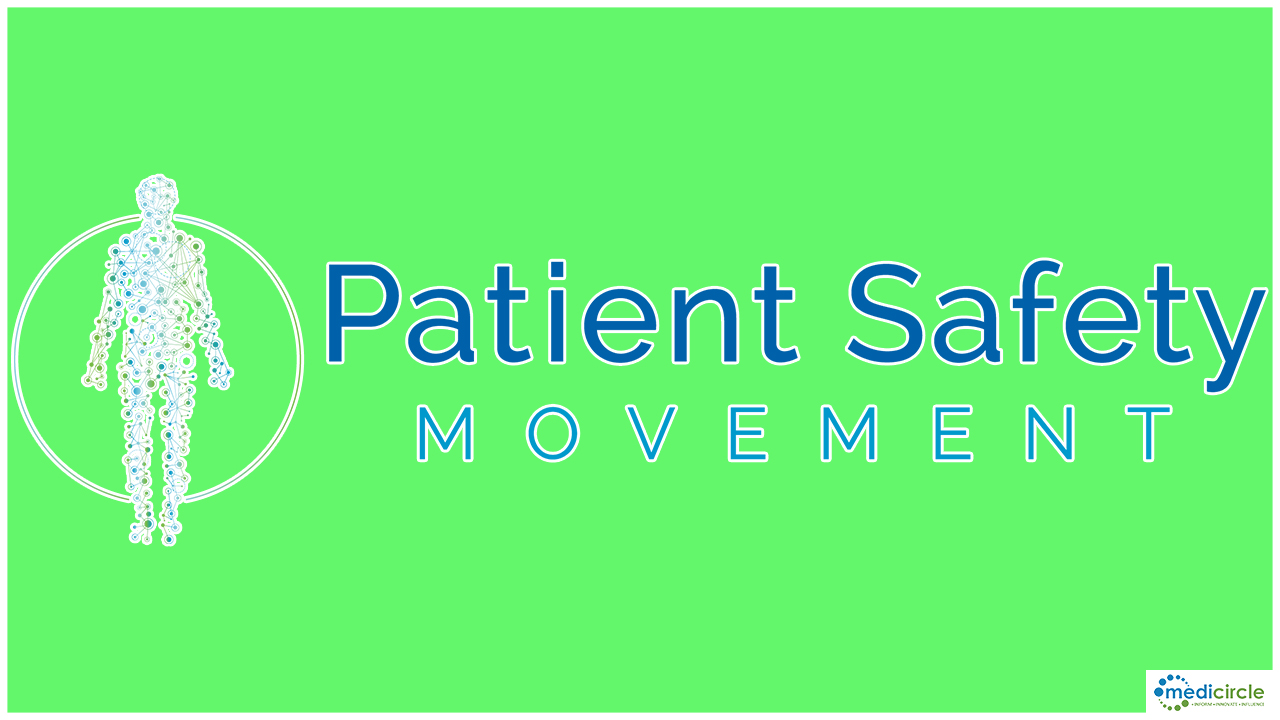Patient Safety Movement Foundation is urging clinicians, patient advocates, hospitals and medical technology companies to support Data Sharing as part of the 2020 Federal Health IT plan.
“One of the key ways to combat preventable patient deaths in hospitals is for companies to share their data in a HIPAA compliant manner instead of hoarding it for profit. The plan proposed by the Office of the National Coordinator for Health Information Technology will help create the personalized patient data superhighway we need to reduce and eliminate preventable deaths in our hospitals,” said Joe Kiani, Founder of the Patient Safety Movement and Founder, Chairman, and CEO of Masimo. “If we block patient data, no one can create algorithms that can warn clinicians of potential problems before they happen. We are already losing way too many people to medical errors in our hospitals each year, and we can’t delay this any longer.”
Several years ago, a young man named Rory Staunton died of Sepsis because of exactly this type of fragmented medical information system. “On Tuesday, my son Rory was playing basketball at a school gym, fell and cut himself. His teacher put a bandaid on it. He died 5 days later from Sepsis,” said Orlaith Staunton. “Despite having a high heart rate for his size as measured by a patient monitor at his paediatrician’s office and a high white blood cell count that was detected in the Emergency Department’s blood test machine, Rory was sent home because no one had all of the details of his problems and care. They couldn’t put the high heart rate and high white blood cell count together with the full story to realize he had Sepsis. Had we had data-sharing allowing a complete view of his history and condition or the benefit of a predictive algorithm to track my son’s case when he was connected to various monitors and blood test machines, he would probably be alive today.”
Since the founding of the Patient Safety Movement, nearly 100 companies have signed the voluntary Open Data Pledge, including Baxter, Cerner, Dräger, Edwards Lifesciences, GE Healthcare, IBM, Masimo, Medtronic, Oracle, Philips and Zoll.

 Patient Safety Movement Foundation Urges Clinicians, Patient Advocates, Hospitals & Medical Technology Companies to Support Data Sharing as Part of the 2020 Federal Health IT Plan
Patient Safety Movement Foundation Urges Clinicians, Patient Advocates, Hospitals & Medical Technology Companies to Support Data Sharing as Part of the 2020 Federal Health IT Plan










.jpeg)

.jpeg)
.jpeg)

.jpeg)


.jpeg)



.jpeg)
.jpeg)
.jpeg)


.jpg)


.jpeg)
.jpeg)